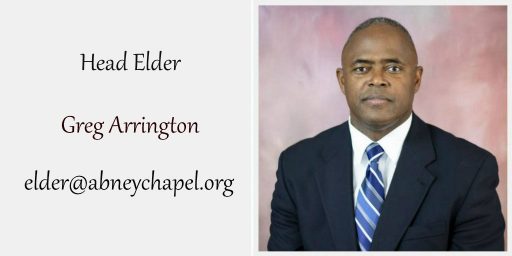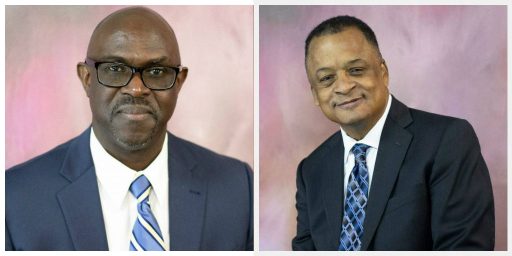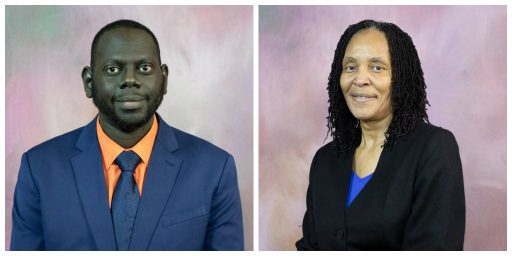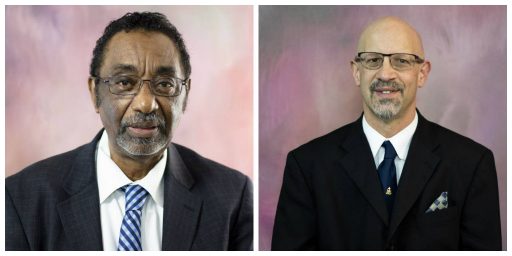

Raphael Marshall Mitchell Harris



Gary Davis Gary Walker

Hansel Jones Ronald Wheeler

Derwood Clark Maurice Howell

Lawrence Vincent James Ervin

Tye Vaught
The ministry to which a person is called when he becomes an elder can best be described in the following ways:
Visitation. The elder will be responsible for the spiritual nurture and care of those members in his parish. He will visit members in their homes for prayer and encouragement. He will also assist in giving Bible studies to prospective members.
Worship services. The elder will lead the worship service as scheduled. He will review the order of service ahead of time to ensure that all responsible parties are prepared and ready to serve.
Preaching. The elder may be asked to preach when the pastor is out-of-town or not available.
A Spiritual Mentor. The spiritual life of an elder should constantly lead members of the church to seek a deeper spiritual experience for themselves. I Timothy, chapter 3, describes the Christian life of an elder in these words: “. . . above reproach, the husband of one wife, temperate, prudent, respectable, hospitable, able to teach, not addicted to wine or pugnacious, but gentle. . .” An elder should model, by his or her devotional life, Christian personality and spiritual interest, a higher ideal for each member to reach. The elder should reflect the fruits of the Spirit in his or her relationship with others: love, joy, peace, longsuffering, kindness, goodness, faithfulness, gentleness and self-control.
Church Administration. An elder should always attempt to make a positive contribution to the organization and progress of the church. While doing this, he or she should not try to dominate or control but rather enable others to participate in decision-making in the church and ministry. An elder often serves in an advisory capacity to various departments, committees, and projects.

